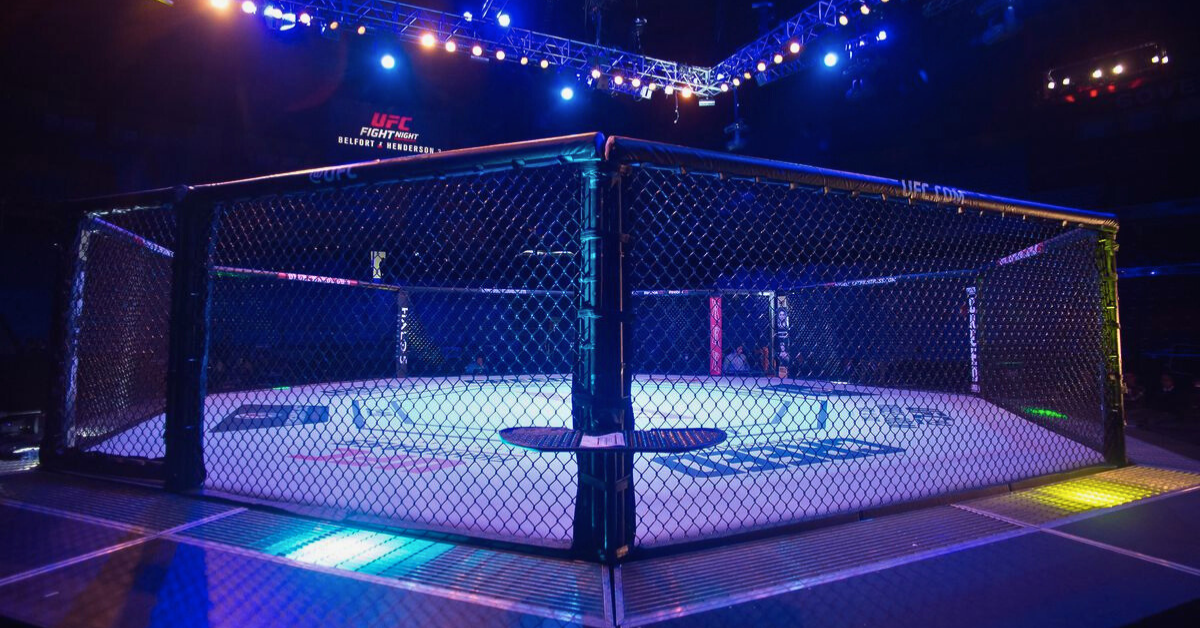
The UFC antitrust lawsuit recently had some major developments. The UFC had proposed a $335 million settlement to put an end to the lawsuit. This settlement would have paid out over $100,000 to nearly 500 of the 2,000 fighters involved. However, on July 30, 2024, Judge Richard Boulware rejected this proposed settlement.
The judge had issues with how little it did to help current fighters and was concerned that the UFC could continue its restrictive practices in the future. Now, the case is scheduled to go to trial on October 28, 2024, with a status conference set for August 19, 2024, to iron out the details.
UFC Antitrust Lawsuit Explained
Le vs. Zuffa, the UFC Antitrust Lawsuit, has been a long-running legal battle that started back in 2014. A group of current and former fighters accused the UFC of using anti-competitive tactics to dominate the MMA market, which they say kept their pay low and restricted their ability to fight elsewhere. This lawsuit covers fighters from 2010 to 2017 and has since been expanded to include fighters from 2017 to now.
The basics of the case are that UFC fighters, as private contractors, cannot earn their true value on the free market because the UFC used tactics to destroy the market. As a hypothetical, as a contractor, you can test your value with different employers and negotiate. But, as a fighter, there is no longer any organization such as Strikeforce or Affliction to really compete and offer the fighters reasonable pay. Once the market was destroyed the UFC can push down fighters’ pay knowing they have no other reasonable options.
The core of the lawsuit is about the UFC allegedly using its dominant position to control fighter pay and impose restrictive contract terms, which hurt competition. Judge Boulware was particularly worried about newer UFC contracts that included arbitration clauses and class action waivers, which could prevent similar lawsuits in the future.
After some point during the UFC Antitrust Lawsuit, the UFC offered to settle with a $335 million number. While both parties agreed, the judge involved did not. The UFC wasn’t happy about this decision. They released a statement saying they strongly disagreed with the judge’s ruling. They argued that the settlement was well-negotiated and in the best interest of the fighters, far surpassing typical antitrust settlements. They felt the judge disregarded the expertise of the involved lawyers and mediators.
For the fighters to win, they need a unanimous jury verdict, and even then, the UFC could appeal, dragging the case out for years. Some argue that accepting the settlement would have provided immediate financial relief and some changes, even if limited.
There is no projected end in sight for the UFC Antitrust Lawsuit. It could last decades more and no one knows which way it will land.
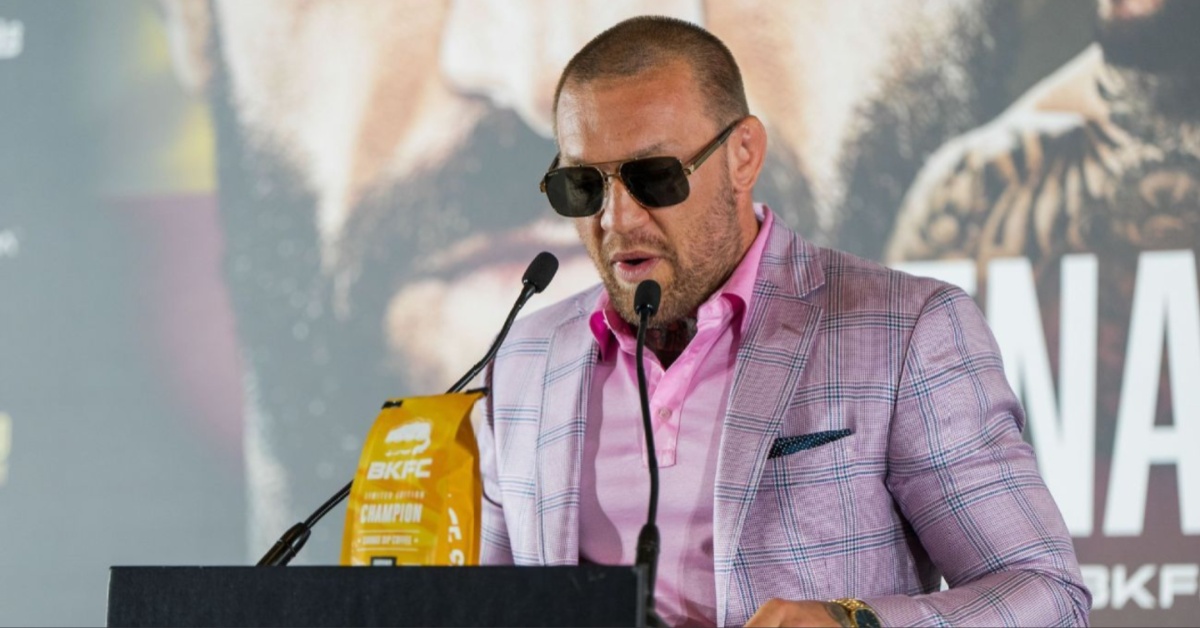 After making millions of dollars betting on Nate Diaz and a couple of football matches, Conor McGregor stands to…
After making millions of dollars betting on Nate Diaz and a couple of football matches, Conor McGregor stands to…


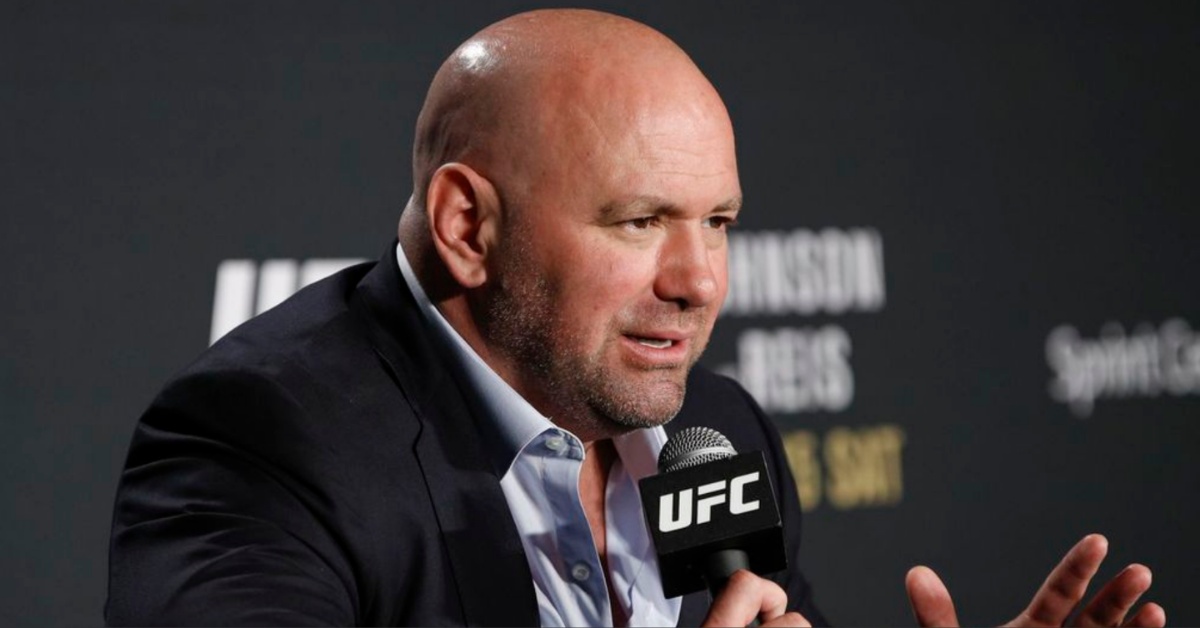 On Tuesday, May 21, parties in the UFC antitrust lawsuits filed a Motion for Preliminary Approval of the Settlement….
On Tuesday, May 21, parties in the UFC antitrust lawsuits filed a Motion for Preliminary Approval of the Settlement….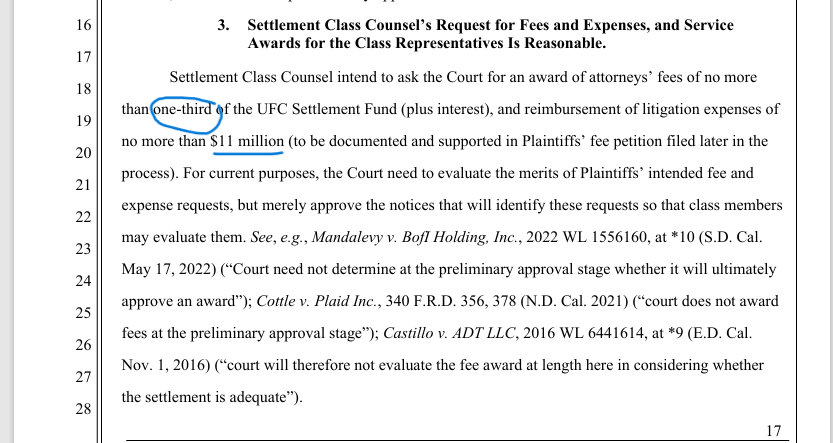
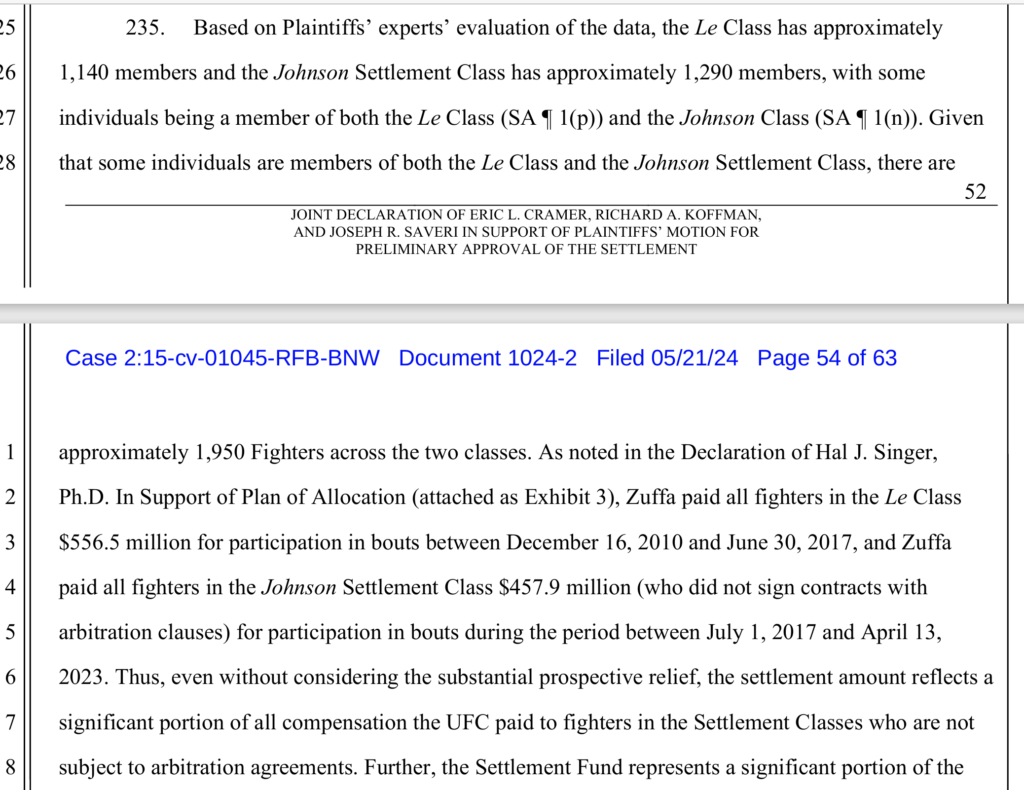
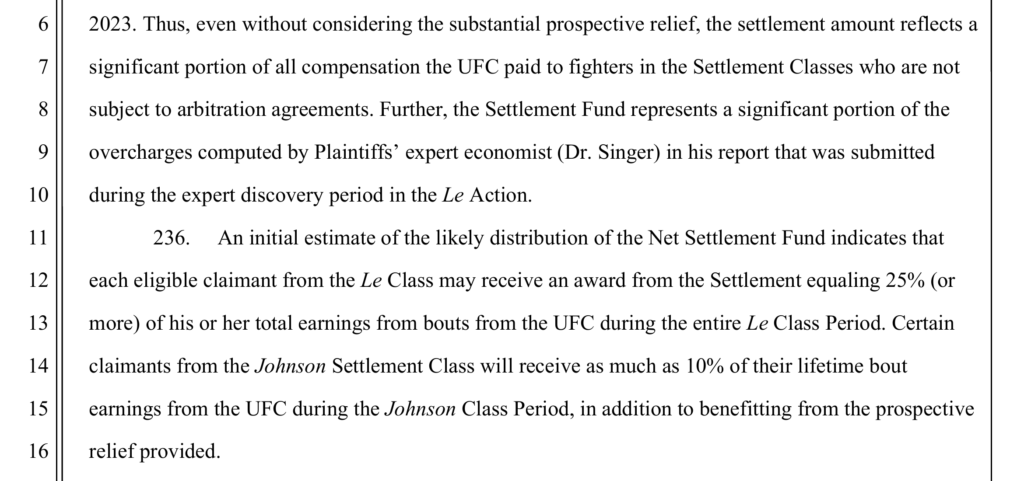
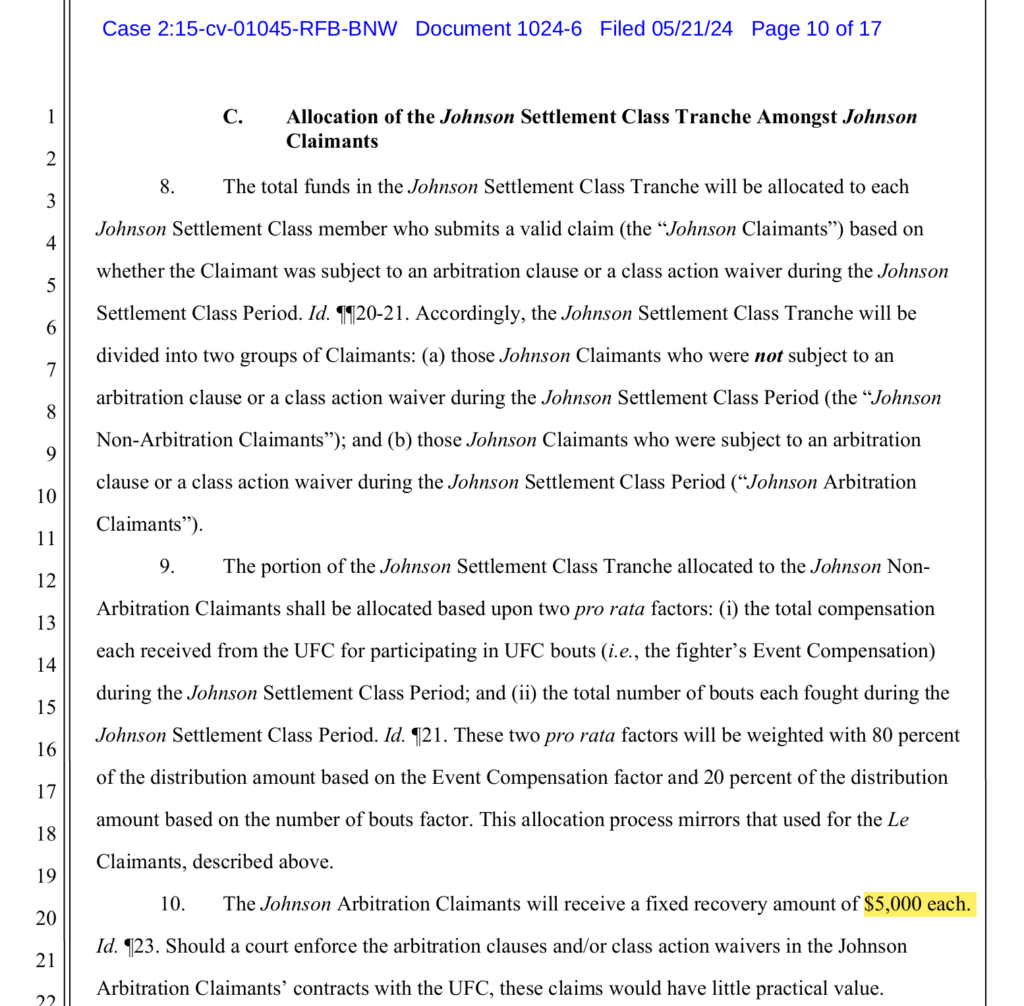
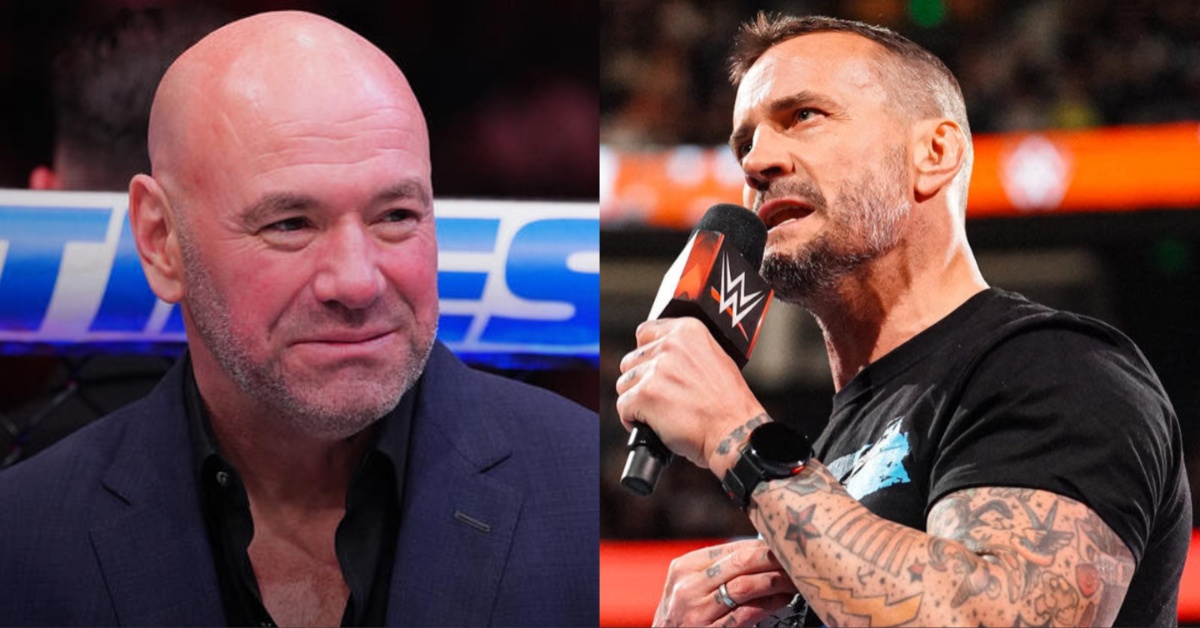 Dana White and the UFC have always worked, both publicly and privately, to keep fighter salaries out of the…
Dana White and the UFC have always worked, both publicly and privately, to keep fighter salaries out of the…